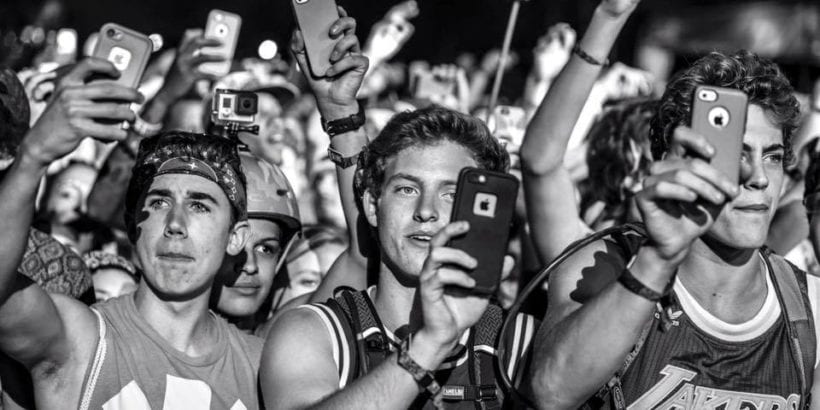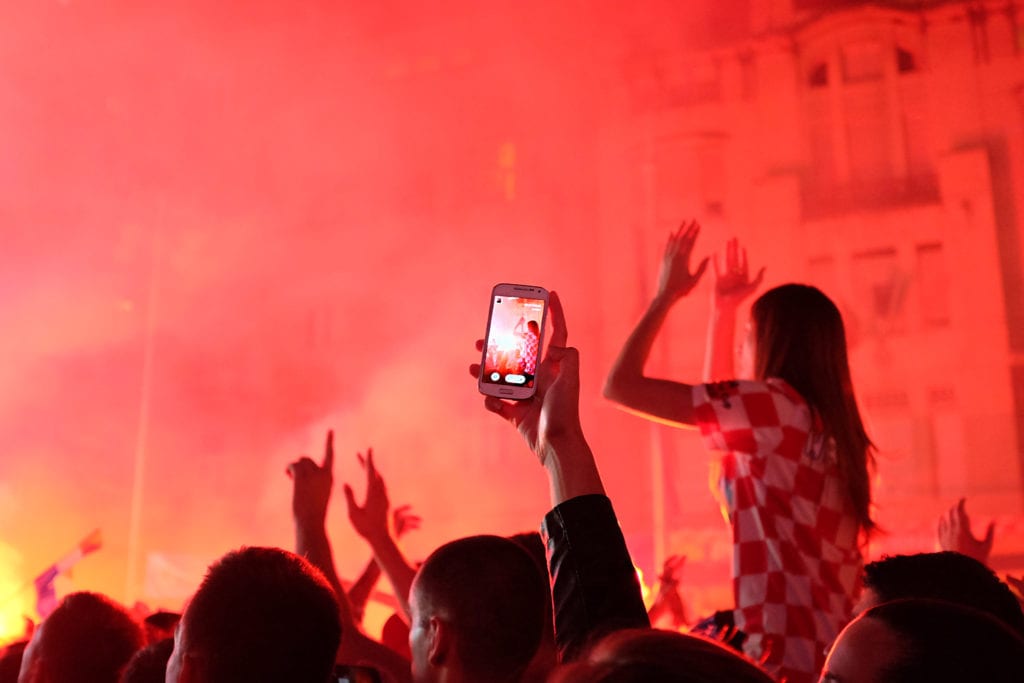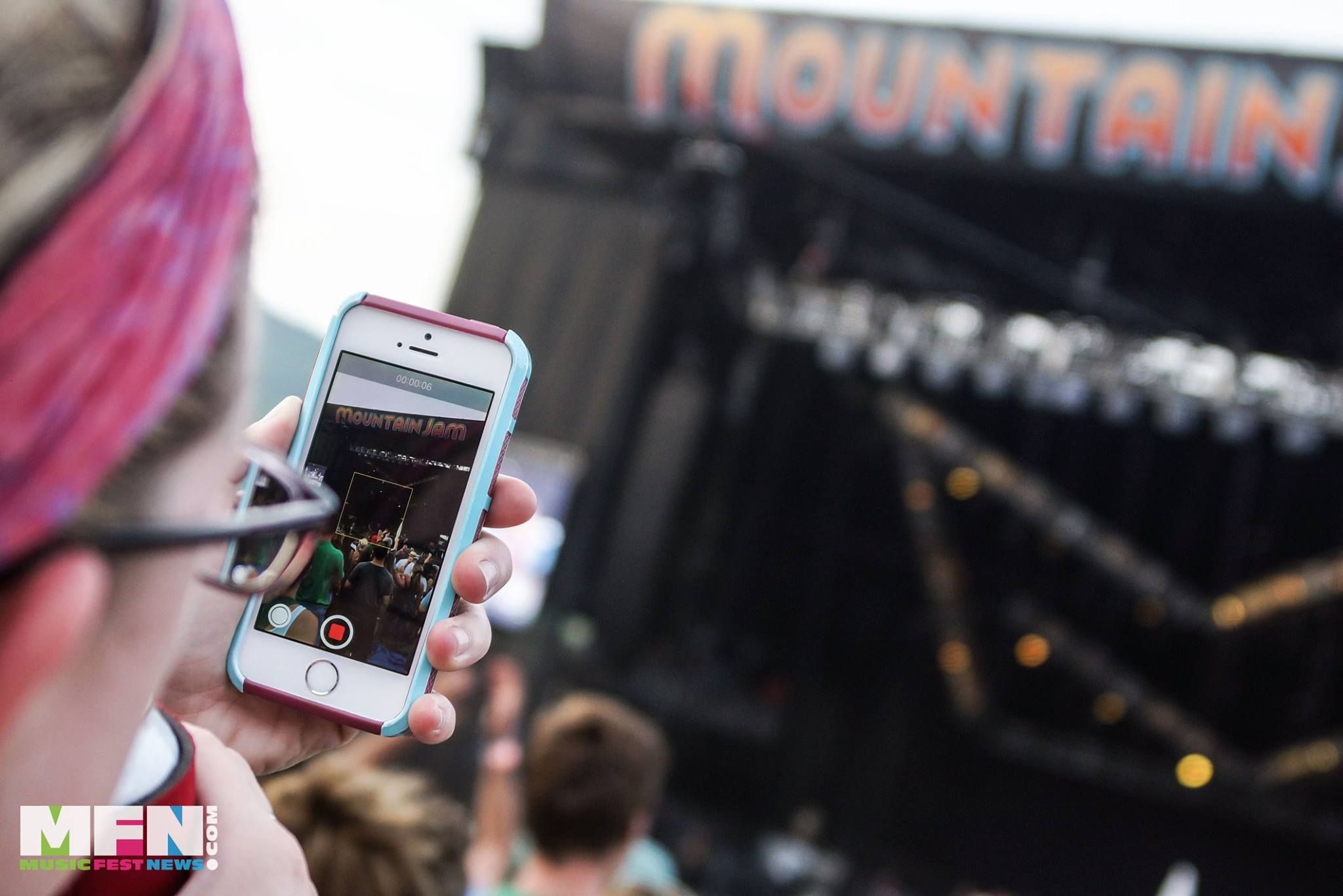
Apple Camera Patent: Enabled Suppression?
As of late June, Apple has been awarded a patent for the use of infrared technology to interact with iPhones, affecting what users can interact with in their environment. The patent has been considered beneficial for museum visits and as a further step for Apple into Augmented Reality territory, but there is one big criticism the new patent is drawing: disabling camera functions at concerts. The use of cell phone photography at music venues has been a heavy debate for years, with artists, such as Alicia Keys, recently utilizing Yondr cases to keep their audiences off their phones and in the concert-going moment. The new Apple infrared patent is simply a new step in the practice of disconnecting from technology and staying immersed at any event, whether it be a concert or a play or a movie.

However, the existence and implementation of this patent could lead to something less intentional and more harmful. If the patented technology were to be implemented, it would now open the door for the use of infrared technology to be used in other capacities beyond forced concert-going immersion. One of the biggest fears is the use of this technology by law enforcement as a means of suppression of press coverage. Take into account the events of the last week, with the issues of police brutality and the #BlackLivesMatter movement: If this tech became accessible, we might never see these events objectively. In a day and age where broadcast media outlets hold bias, those small phone cameras have become less of a nifty phone function and more of a tool of guerrilla journalism. It’s an essential part of our daily lives and allows us to see the world in a true, more realistic light. To go a step further, think about how differently the info on the Bataclan shooting would have been relayed if concert-goers couldn’t access their phones during the attack.

Whether it’s a small music venue in your hometown or at Madison Square Garden, there should be a discipline in putting the phone down for a few hours; you’ve paid a good, sometimes questionable, amount of money to come together and take a break from your everyday life to see an artist that you’ve replayed on your commute to work enough times to know all the words to at least half of the songs they intend to play that night. You owe it to yourself to make that experience as enjoyable as possible, without the need to hold your phone up for an entire song or two. But like any discipline, it should be learned gradually, not forced. If this patent is implemented, people will still take photos at concerts, whether on a point-and-shoot camera, a DSLR or on Android smartphones. It’s sharing what you’ve experienced and encouraging others to go out and see the same show. If you take that away, who’s to say there’s a limit to what’s next?
